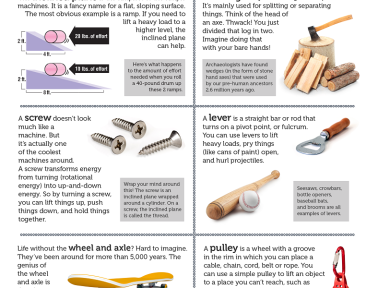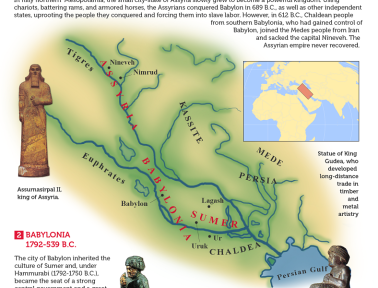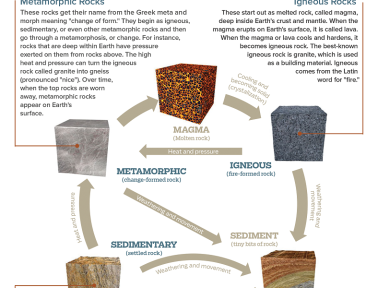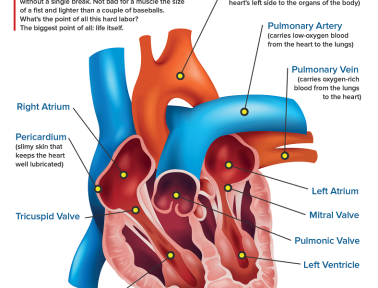
Those of us who teach teenagers face a daunting and seemingly never-ending challenge: Getting our students to look up from their phones, their social media, and their video games to see the wide world beyond their bubble. Unlike any generation before, today’s kids have a digital world that can cocoon them 24/7. They take comfort losing themselves in the dazzling, fully-immersive visual and sound effects of games that drop them onto fantastical planets or battlegrounds of wars past and present. They can’t resist responding to new notifications and texts, to the latest posts on Instagram and Snapchat. Their phones become full-on addictions.
So what happens when you ask them to read, research, and understand about complex issues of the day? What happens when you try to connect the dots to make them see the interdependence of the global community? What happens when you insist that each of them has a voice that matters and that, yes, each of them can truly make a difference? Many respond with little more than a shrug and, “Those problems don’t affect me, so why should I care?” While disturbing, that response is also understandable. After all, we routinely look past issues that don’t directly impact our lives – until, without warning, they do.
In my eighth-grade ELA classes, I insist that students take charge of their learning through inquiry, develop a personal voice (both written and verbal), and put on their young-citizen training wheels to learn what the heck is going on in the world and what might lay ahead of them. In the early parts of the year, we do this through personalized, memoir-style writing, almost daily collaborative work, and blogs that introduce themselves to the world. We study literature as a mirror on the real world and reflect on these connections through blogs. We write novels through NaNoWriMo, choose articles of the day to present before class as individuals, and clash over headline-ripping, relevant issues through researched, rehearsed, parliamentary debates. And we reflect on these elements through blogs (see the connective piece here?).
The culminating unit to this takes place during the fourth quarter, building upon skills developed thus far and leading – I hope – to each student developing a realization that yes, the world’s problems do matter and that, if I choose, I can bring forth a powerful voice for change. In this unit, students will organically develop collaborative teams, each designed to focus on one issue of great interest to them all. The issue might be current or inspired by other teen activists (think: Parkland shootings and the subsequent national debates and marches). It might be something directly affecting their age group (bullying, depression) or locality (unemployment, educational opportunity), or perhaps be a broader, lingering societal issue (racism, sexism), or global issues such as climate change, poverty, wealth inequality, etc.
They research their chosen topic from differentiated perspectives in order for each student to see the grand issue from a specific, focused angle. They then put together a presentation, like social activists on a stage, that includes a speech written by each member along with multimedia accompaniment. This unit takes them beyond the rinse/wash/repeat academic cycle of research-paper writing into the realm of something that’s bigger than each of them. Oh, and blogs will play an integral role in the process.
Each day, once the teams have formed, they will write what I call “10-minute blog updates” on Kidblog. After creating a blog and providing an appropriate image, they will date and timestamp the first entry. The next day, they’ll go back into that SAME blog, and date/timestamp a new entry above it. What will they be writing? Perhaps an Aha! moment; perhaps responding to a powerful quote from an article they’re reading for research; perhaps documenting a discussion they just had with a group member about the issue; perhaps venting their frustration as they write their speech. Really, anything is possible, and all of it should be spontaneous, with no entry requiring more than 10 minutes of writing time. Quick Hits! They will do this for about four weeks, commenting on others’ posts from time to time as well. When they are finished, I want them to see the evolution of their process.
There are many ways to awaken students to the world around them. Kidblog offers a great tool to that end.











Recent Comments